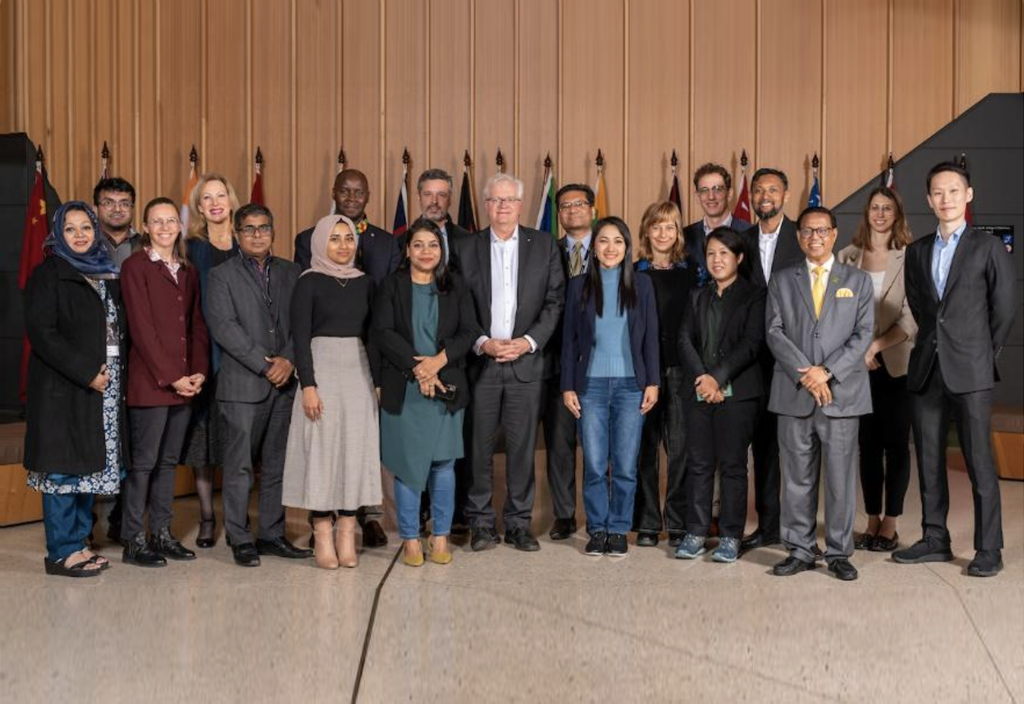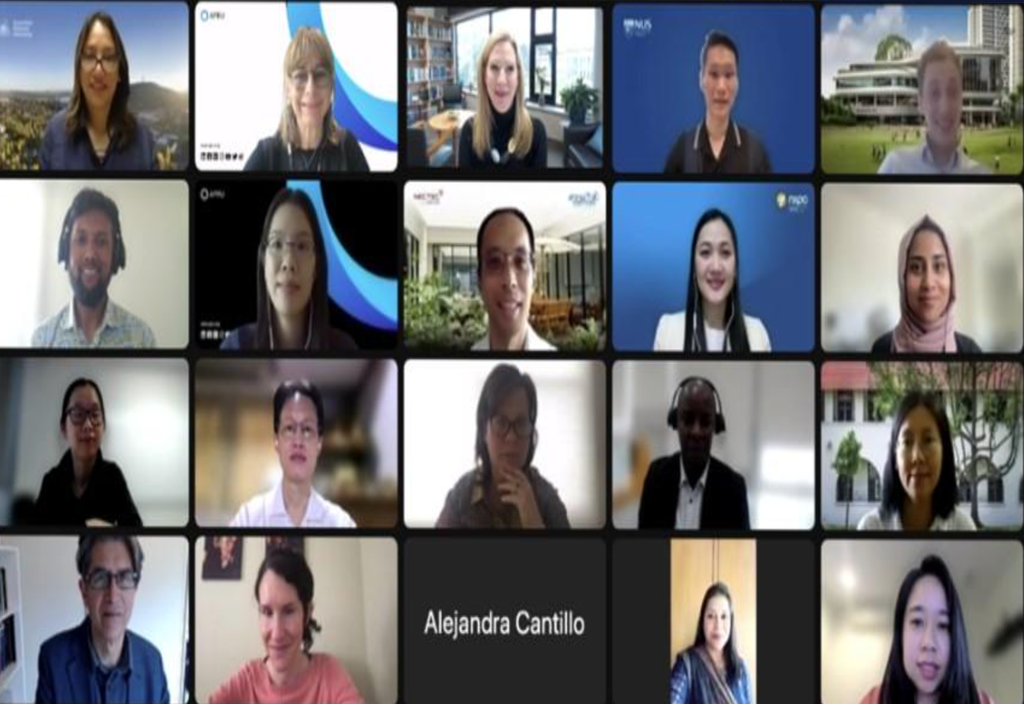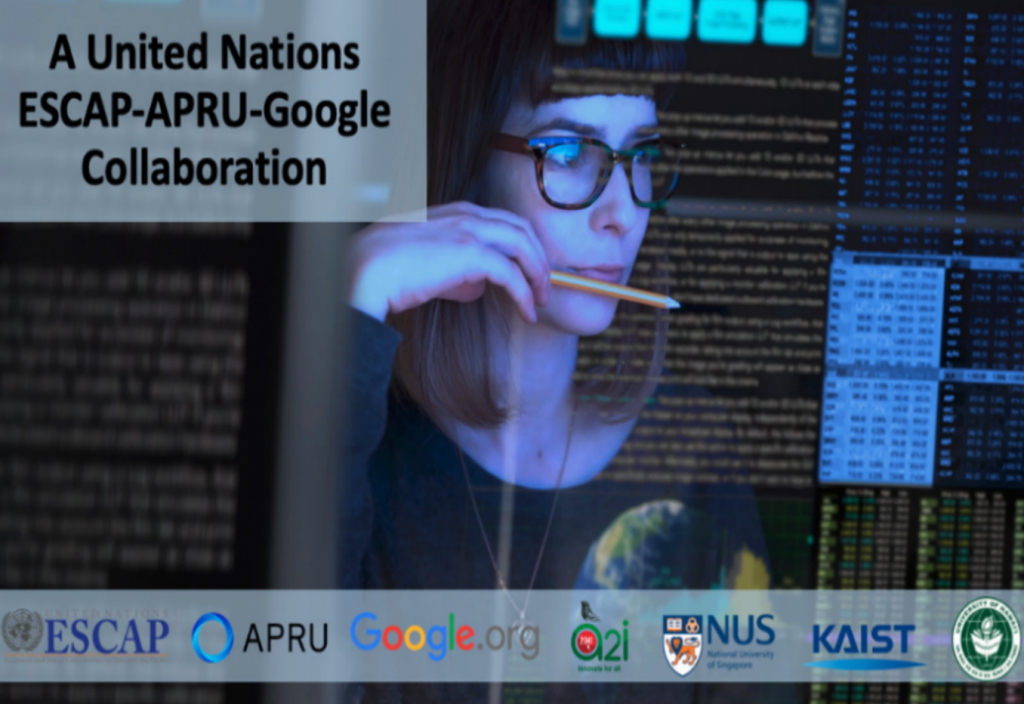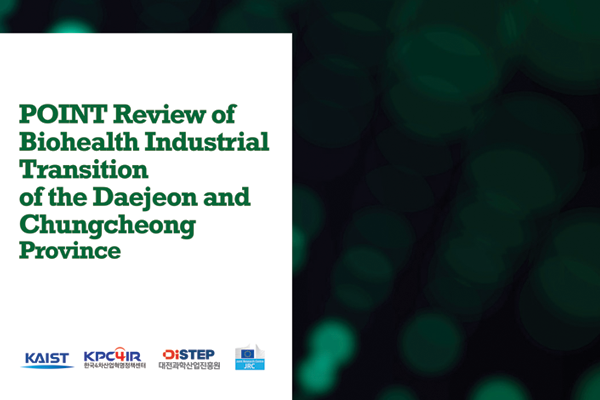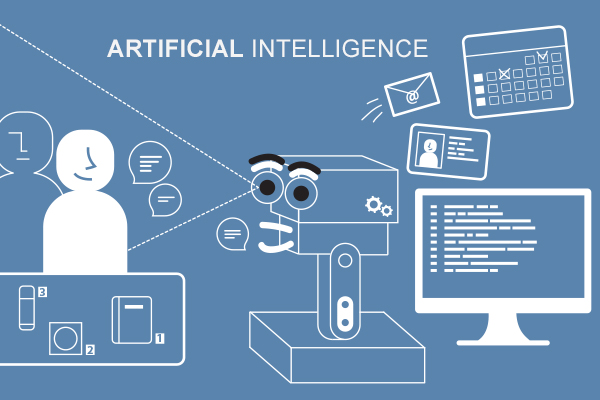-
Research Highlight
3D microanatomy of unlabeled cancer tissues revealed by holotomography and virtual H&E
Prof. Park’s group at KAIST developed 3D virtual H&E staining of thick cancer tissues using holotomography and AI. ...read more
-
Research Highlight
AI for Social Good Summit: Mobilizing Artificial Intelligence for Maternal Health in Bangladesh
KPC4IR’s Dr. Cornelius Kalenzi presented a paper at the AI for Social Good Summit, which brought together academics and government representatives to showcase joint research outcomes to enhance well-being in Southeast Asia...read more
-
Research Highlight
KPC4IR’S AI for Social Good Project on AI in Maternal Health now working directly with government agencies
The research project on AI for social good aimed at using AI and Digital technologies to transform maternal healthcare in Bangladesh has recently entered a new phase by working directly with the country’s government agencies. The UNESCAP-APRU-Goolge.org-funded Project aims to strengthen AI Capabilities and Governing Frameworks in Asia and the Pacific. As part of this project, KAIST KPC4IR is collaborating with NUS IPUR to support and accelerate the use of AI in medicine and healthcare in Bangladesh. The expert team is focusing i research and analysis on identifying crucial bottlenecks and gaps that impede the beneficial use of AI. These efforts are aimed at providing the Bangladesh Government with the technological and policy tools to address challenges in Pregnancy Monitoring & health care systems using Artificial Intelligence and digital technologies....read more
-
Research Highlight
Mobilizing Artificial Intelligence for Maternal Healthcare in Bangladesh
This UNESCAP-APRU-Goolge.org funded Project Supports the Bangladeshi Government to Address Challenges in Pregnancy Monitoring & Health Care Technologies using Artificial Intelligence (AI). The United Nations ESCAP-APRU-Google.org ‘AI for Social Good’ project team includes Dr. Olivia Jensen, Mr. Nathaniel Tan from the National University of Singapore’s Institute for Public Understanding of Risks (NUS IPUR), and Dr. Cornelius Kalenzi from KAIST KPC4IR as lead researchers to support Bangladesh government in strengthening the maternal care health workforce and achieving SDG 3, which will transform methods of treatment as well as the relationships among health professionals and patients. Dr. Jensen, Mr. Tan, and Dr. Cornelius Kalenzi will address challenges in perceptions and reception of incorporating AI into continuous pregnancy monitoring systems, as well as related tech challenges. They will investigate technological issues in Bangladesh’s health care sector and how these impact AI-based data analysis and decision-making processes. Project outcomes will support the Bangladeshi Government in developing policies to promote and enable AI policy frameworks and AI capability-building for social good....read more
-
Research Highlight
A Study of the Transformation of the Bio-health Industry in Daejeon based on AI/Big Data
KAIST KPC4IR collaborated with the Daejeon Institute for S&T Enterprise and People (DISTEP) and the European Commission Joint Research Center (EC JRC) for a study which aims to unlock AI, big data, and start-up ecosystems to revitalize the bio-health industry in Daejeon. Through this study, the center lays out a policy and strategy framework for bio healthcare transformation in Daejeon and in the Chungcheong provinces....read more
-
Research Highlight
Your Eye-Scanpaths Show Who You Are
We have developed a new user authentication method based on eye scanpaths on multiple images. Even for the same images eye scanpaths vary from person to person and are reflexive without any intentional control for absolutely safe authentication. It may be regarded as an interview approach for user authentication, but questions and answers are made on the basis of visual images and eye scanpaths, respectively....read more
-
Introduction to KI Top Story
Inauguration of KI for Artificial Intelligence
The KI for Artificial Intelligence (KIAI) started as the 6th KI on May 16th, 2017.
Artificial intelligence is regarded as the most-important enabling technology for the 4th Industrial Revolution. The establishment of KIAI, with 66 faculty members from 18 Departments/Schools will help KAIST to continue its leading role in this important multi-disciplinary technology....read more

291 Daehak-ro Yuseong-gu Daejeon, 34141, Republic of Korea
Partnered with KAIST Breakthroughs and KAIST Compass

